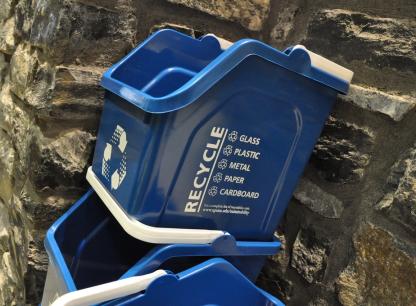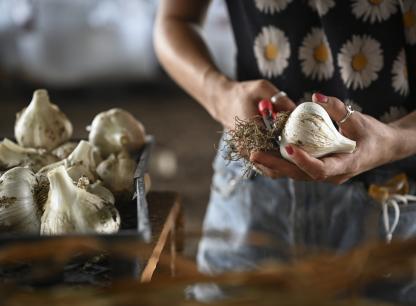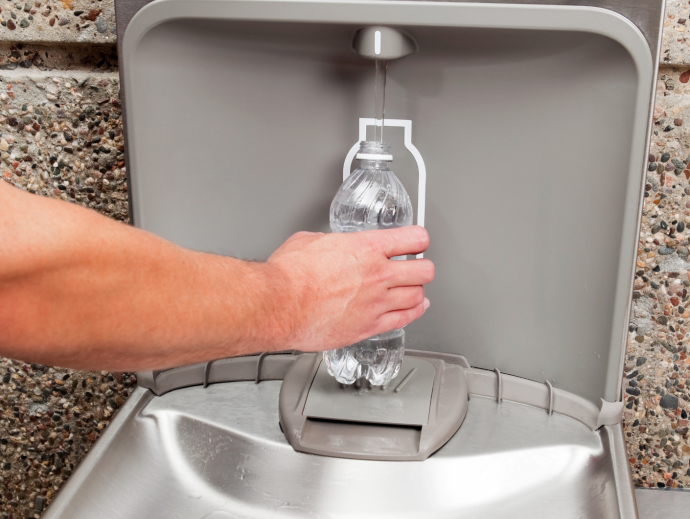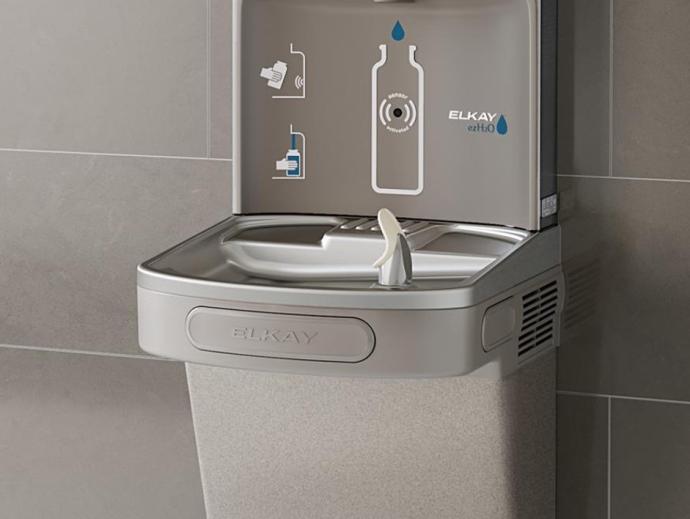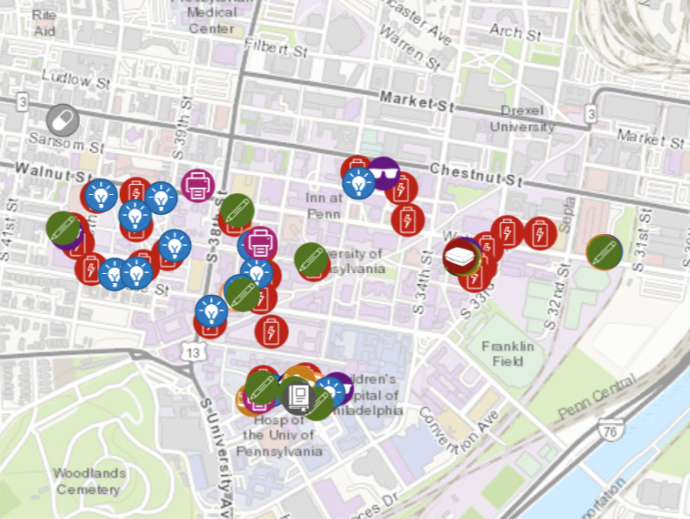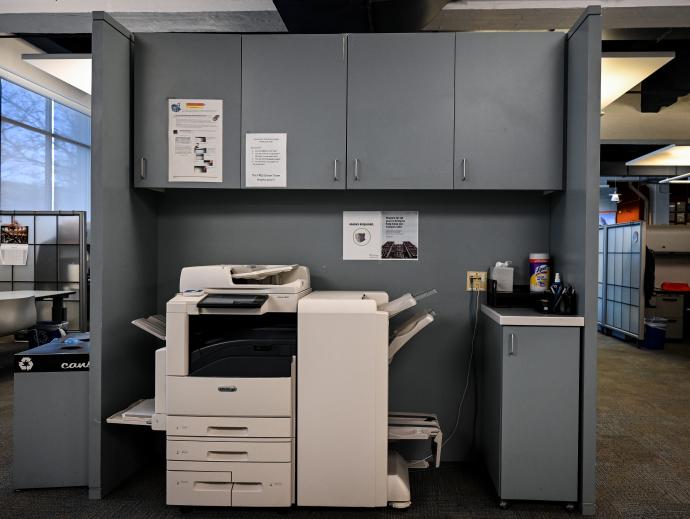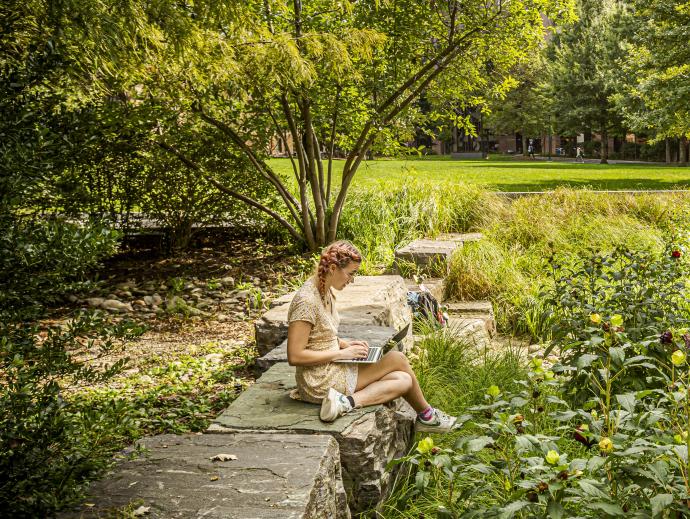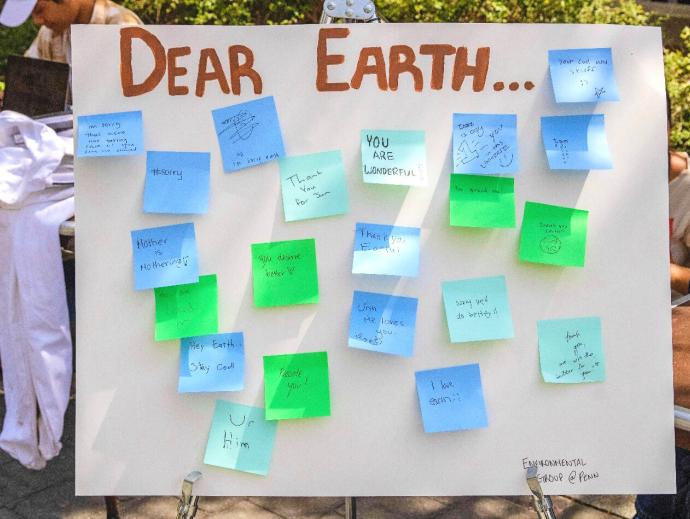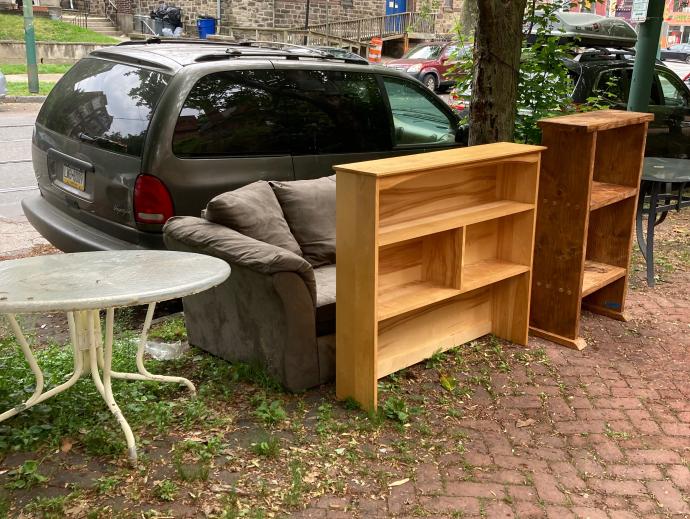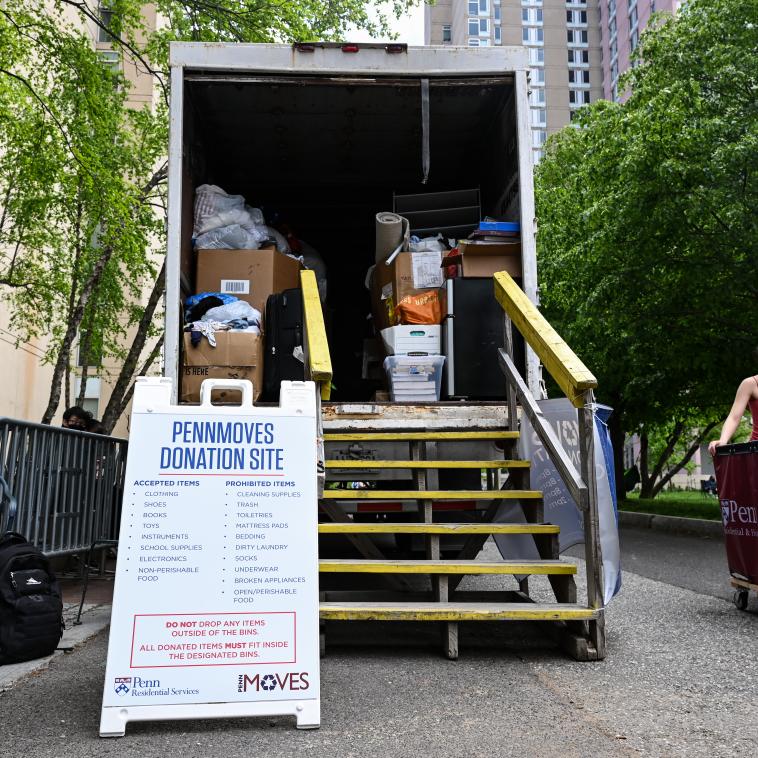Recycling & Waste
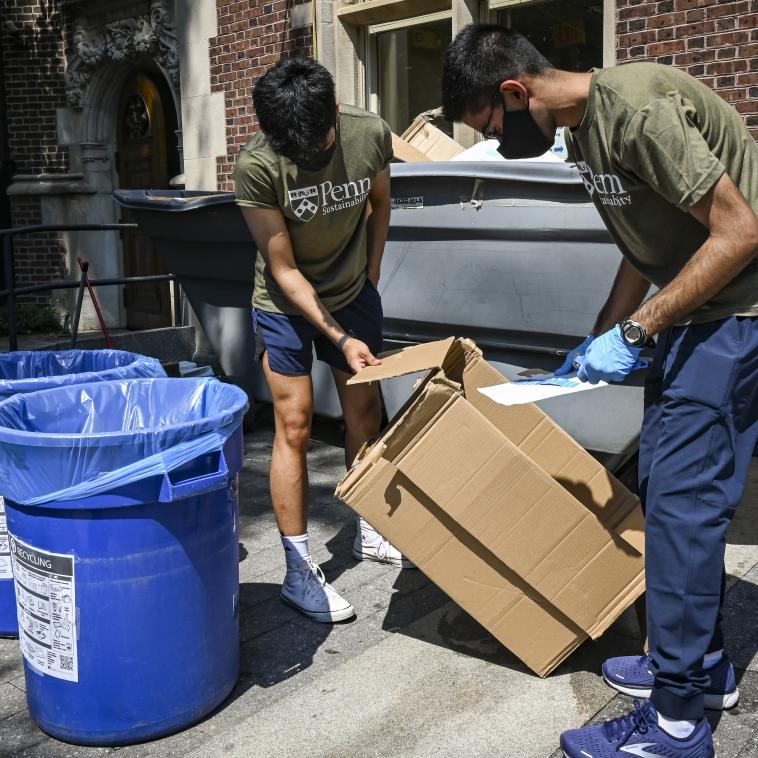
At Penn, we like to recycle, reuse, and repeat. Single-stream recycling is the Penn standard, with specialty recycling programs positioned across campus. Our recycling and waste initiatives focus on holistic minimization and diversion.
Recycling & Waste
At Penn, we like to recycle, reuse, and repeat. Single-stream recycling is the Penn standard, with specialty recycling programs positioned across campus. Our recycling and waste initiatives focus on holistic minimization and diversion.

Penn’s 2009 Climate Action Plan paved the way for significant waste diversion progress. Today, innovative and effective solutions continue to come from Penn’s Environmental Sustainability Advisory Committee’s (ESAC) Waste and Recycling Subcommittee.
We believe that every individual plays a crucial role in reducing our environmental footprint, and recycling is a fundamental part of this effort. By understanding what can be recycled and how to do it properly, we can collectively contribute to a cleaner, more sustainable future. Learn the types of materials that can be recycled on our campus, as well as the locations of specialty recycling and tips for effective recycling practices.
Penn also implements recycling programs like Green2Go and PennMoves, helping limit disposable items headed to the landfill. Regular waste and recycling audits continue to identify trends and find new ways to ensure a clean future.
Our Progress
Single-Stream Recycling
Penn has adopted single-stream recycling as its standard. This means that all recyclable items can be placed together in the same bin. When the recyclables are taken to the material recovery facility, machinery sorts the materials by commodity so that the materials can be recycled appropriately.
Below is a detailed list of what can be recycled on campus in each single-stream receptacle.
YES:
- Hard #1-#7 plastics (containers)
NO:
- Coffee pods (K-Cup®)
- Polystyrene (Styrofoam™)
- Flexible plastics (grocery bags or chip bags)
- Straws
- Cutlery
- Writing utensils (pens)
- Eye glasses
YES:
- Office paper
- Notebooks
- Paperback books
- Newspaper
- Magazines
- Paper cartons
NO:
- Plastic-lined, wax-lined or food-soiled paper, including coffee cups and used paper plates
- Hardcover books
- Paper towels
- Napkins and tissues
- Wet paper produces
YES:
- Corrugated cardboard
- Cartons (Tetra Pak®)
- Cereal boxes
- Pizza boxes
- Clean to-go containers
NO:
- Plastic-lined, wax-lined or food-soiled cardboard, including coffee cups
- Drenched cardboard
YES:
- All colors of clean glass containers
NO:
- Broken glass
- Light bulbs
- Window glass
- Lab glass
YES:
- Aluminum (cans, clean foil, and clean trays)
- Steel and tin cans
NO:
- Plastic-lined, wax-lined or food-soiled cardboard and paper, including coffee cups
- Batteries and electronics
Move In Green at Penn
As part of the Move In Green program, Penn students help to instill a culture of environmental advocacy from the very first day on campus.
Resources
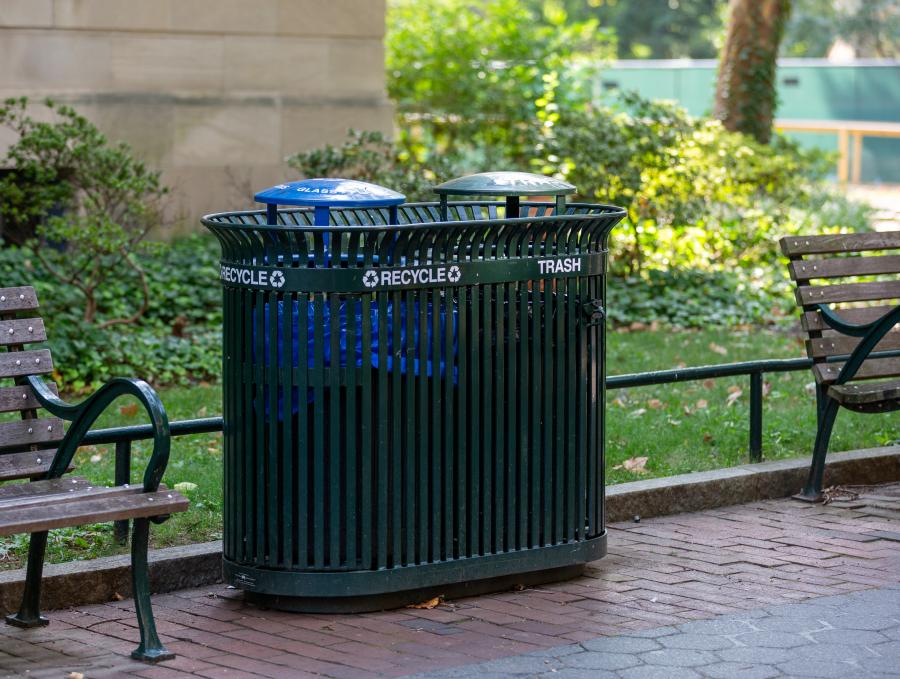
Color Coded Collection
Facilities and Real Estate Services (FRES) is responsible for the collection of trash and recyclables at Penn. To make collection and sorting campus waste easier, FRES Urban Parks and FRES Housekeeping teams color code our waste.
- Recyclables are collected in blue bags
- Trash is collected in clear bags
- Organic waste is collected in green bags
Service Requests
Request Pickup
Facilities & Real Estate Services (FRES) can provide services to collect batteries and lightbulbs for bulk disposal. When receptacles are full, your building manager can place a service request with FRES.
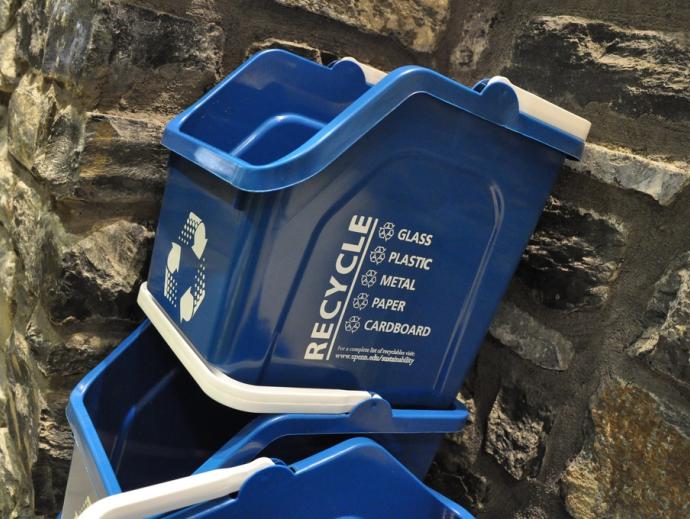
Request Additional Bins
If additional receptacle are needed, contact your building manager. Your building manager can provide additional bins or work with your office to find a solution.
